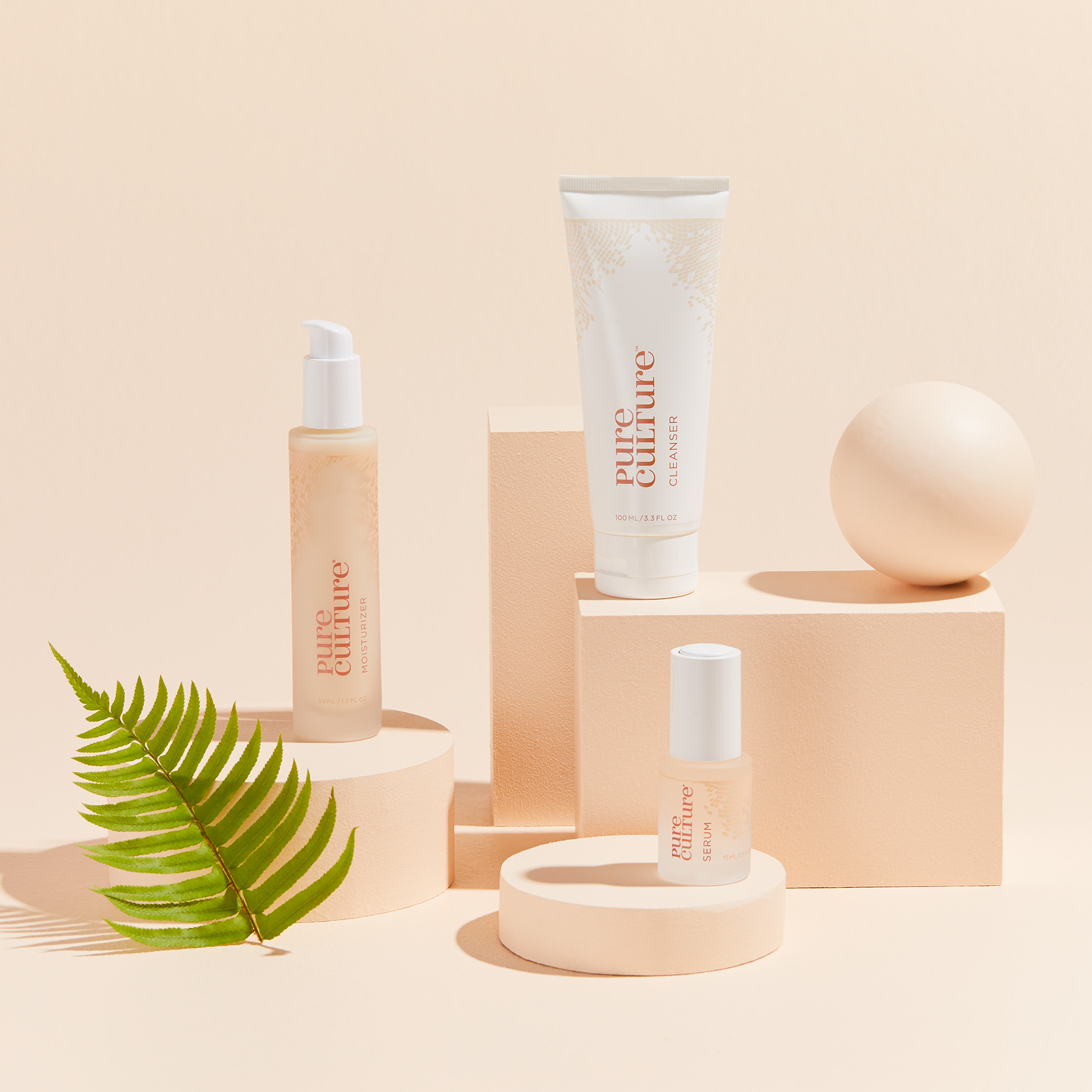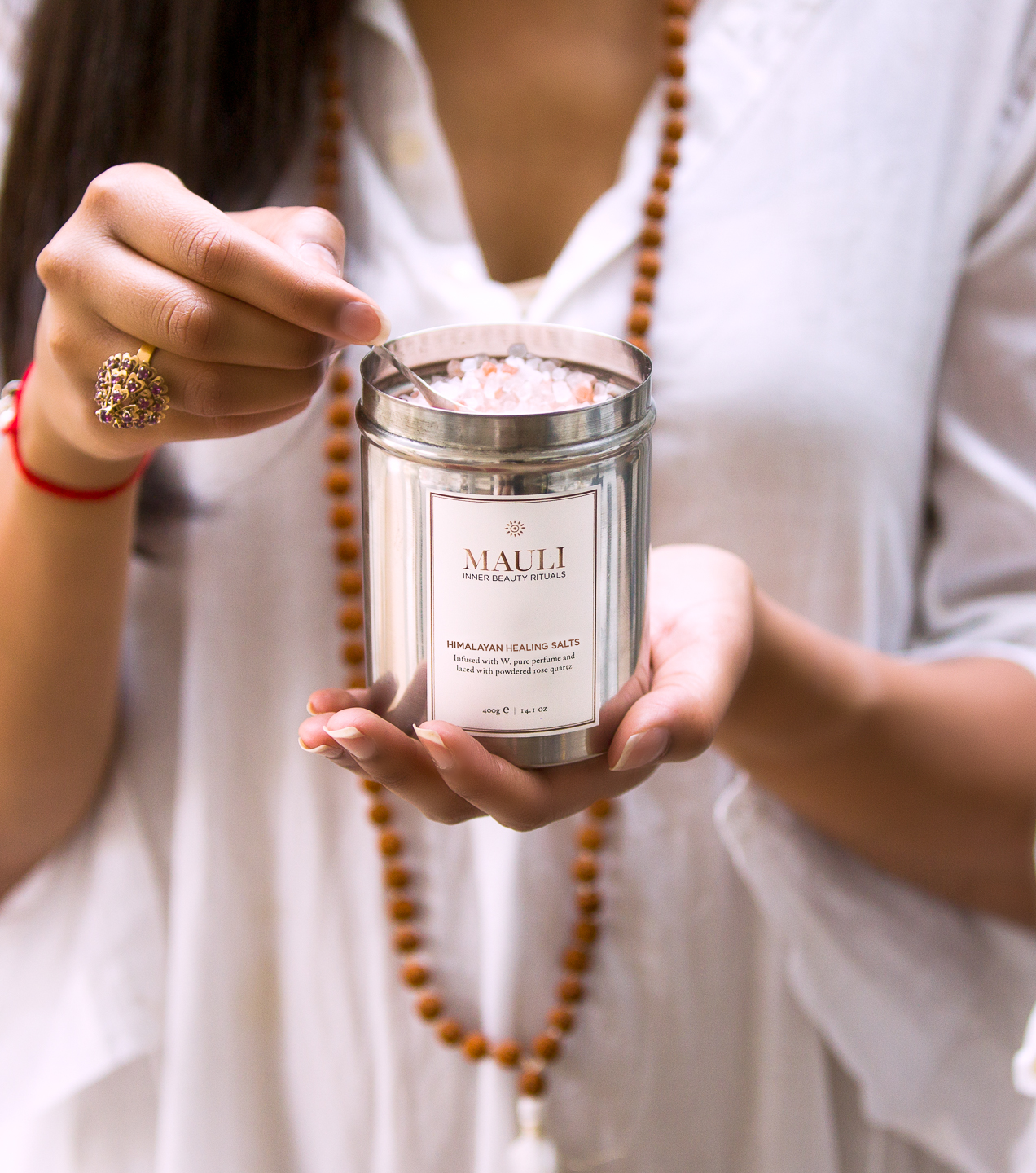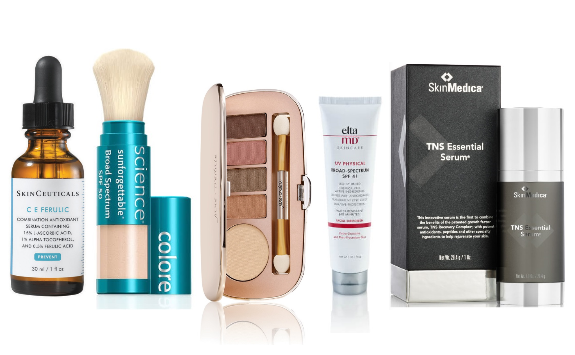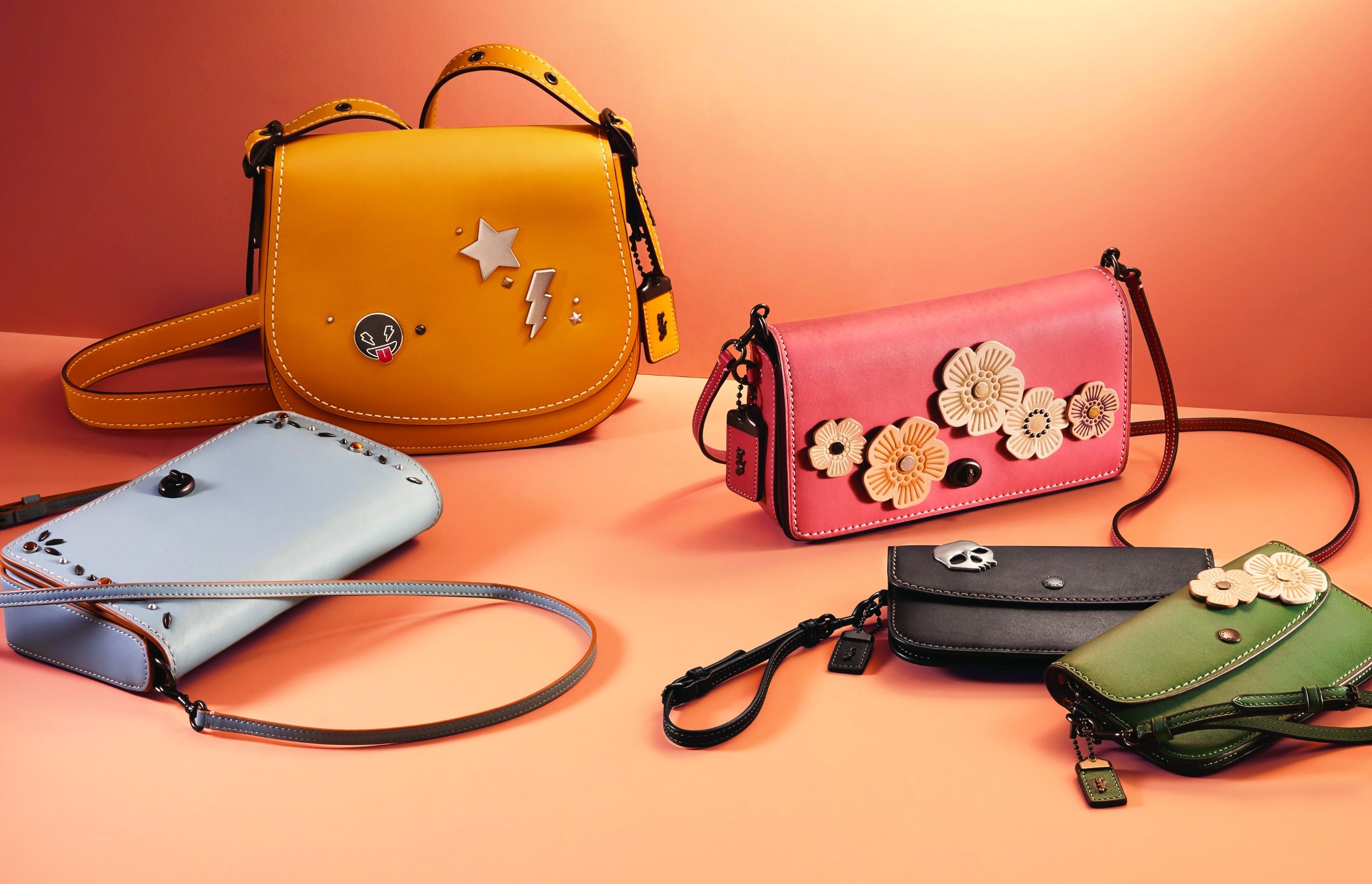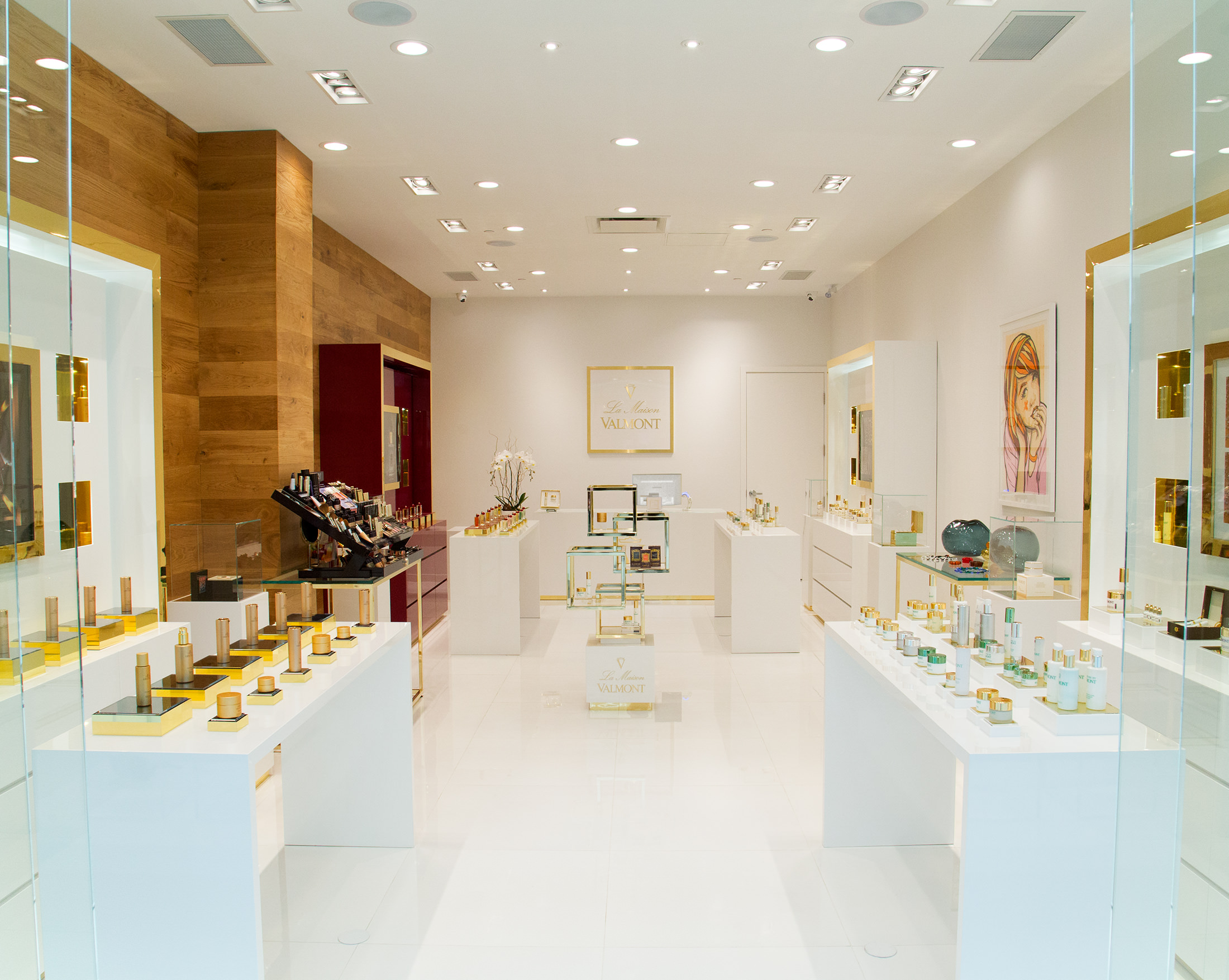The Future of Skin Care Is Customization
Getting personal.
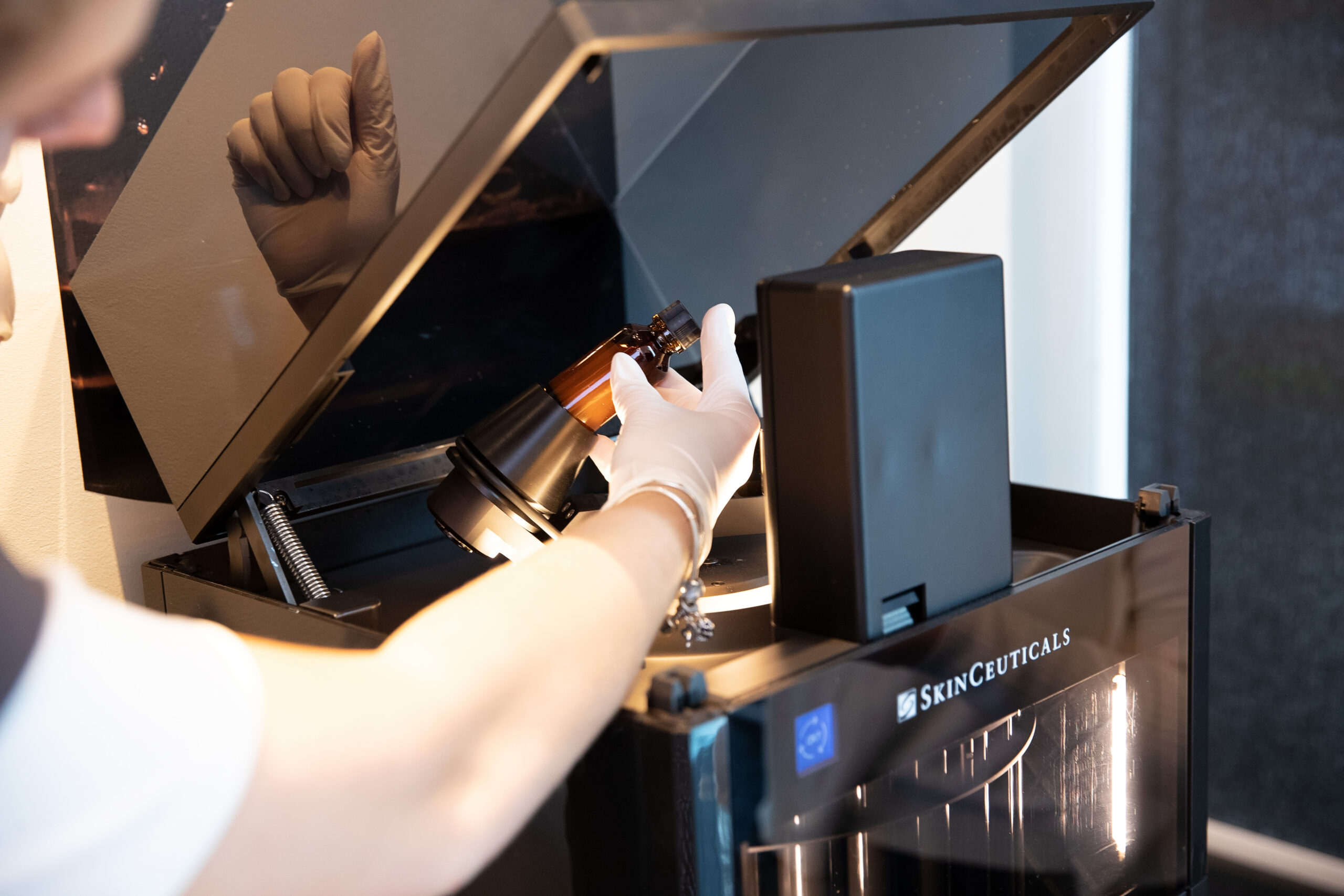
A bespoke skin-care product is such an alluring prospect: Imagine if, instead of layering up bajillions of different products, you could have one exquisite cream to rule them all? It saves time, feels luxurious, and would—one hopes—inevitably deliver better results because it’s just for you.
Until quite recently, a lot of customized skin care has felt gimmicky. Some involved buying multiple component ingredients (without guidance) and mixing them at home, which might have delivered on the “I feel like a mad scientist” front but didn’t necessarily make for an excellent skin-care product. Others were a little tokenistic: buy this booster ingredient and add it to your serum for extra effect. Those brands that truly were creating customized products struggled to grow—how do you do unique on a massive scale? Competition in the skin-care market is fierce; there are thousands of excellent off-the-shelf skin-care products. And consumer knowledge is high too, with many customers confident that they can cocktail up their own ingredients. With all that in the mix, how do you persuade people they should pay for something extra?
Project Skin MD took the plunge into customized skin care a couple of years ago, in partnership with skin-care brand SkinCeuticals. In 2019, the Vancouver-based clinic launched a service called Custom D.O.S.E. A doctor or skin-care advisor assesses your skin type and goals with you, then inputs it to a D.O.S.E machine, which generates a recipe, and mixes and dispenses serum on the spot (there are thousands of potential combinations). “It’s not just a cup of this and a cup of that, and hope for the best” says Dr. William McGillivray, the clinic’s medical director. “The device uses hermetically sealed ingredients that we know can be combined practically and therapeutically. There are no superfluous ingredients—everything is there for a reason.” From a cost point of view, he points out that a custom serum is around the same cost as a high-end off-the-shelf product, so you’re actually getting more bang for your buck. Dr. McGillivray says that the personal consultation with an expert makes Custom D.O.S.E stand out, since he can integrate your bespoke skin care into a wider treatment program.
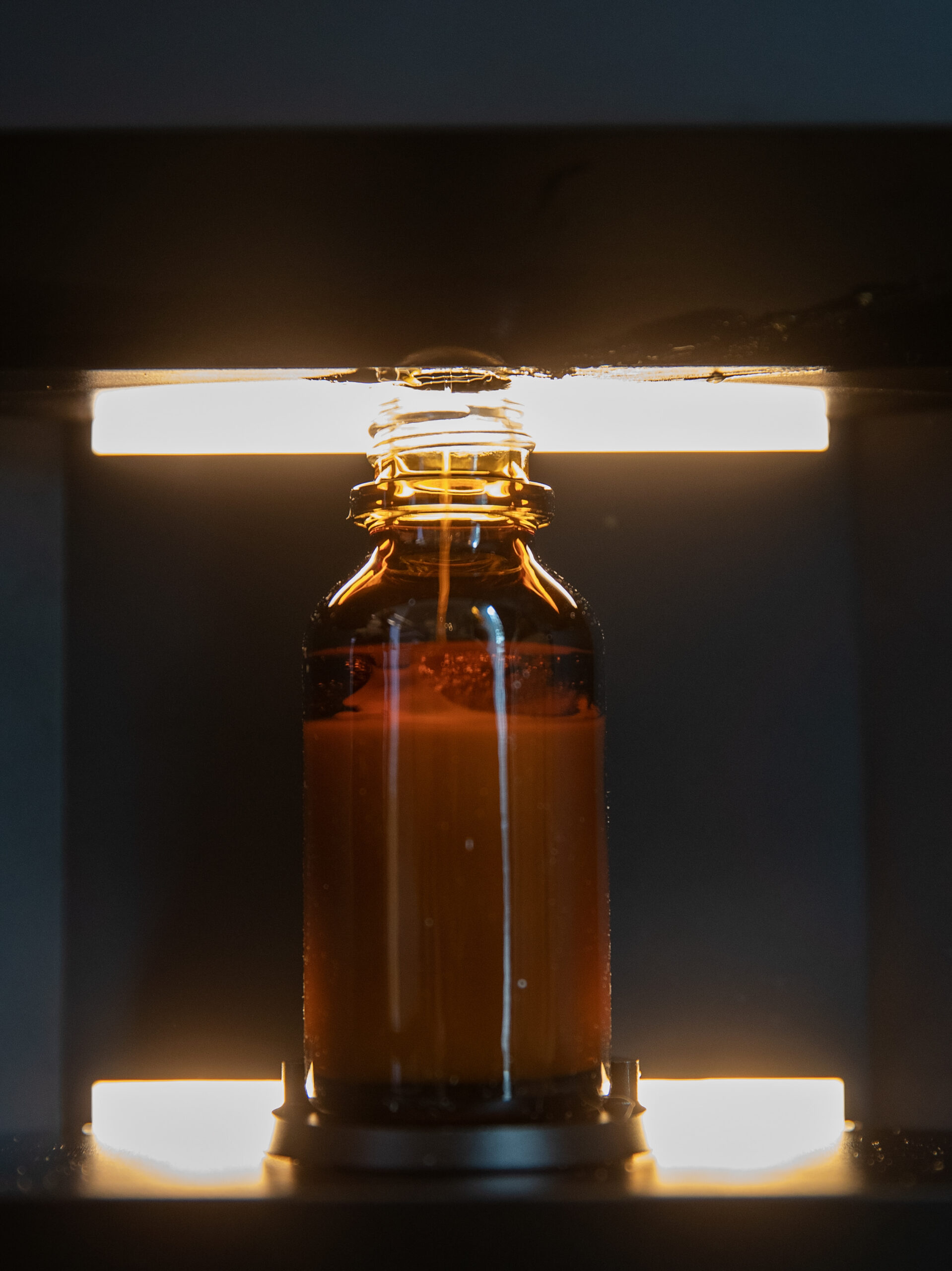
But for those who’d rather do everything from home, there are other options. Function of Beauty started as a custom hair-care brand in 2014 then expanded into skin care last year. Customers start with a quick online quiz with questions about oiliness, sensitivity, and makeup use. You can choose three skin goals from 13 options including reducing redness and hydration. Your recipe is then created. Product options include a three-step regimen of cleanser, serum, and moisturizer in a variety of textures. As a final touch, your name goes on the (recyclable) bottle.
There is a downside to self-assessing your own skin condition. “Very few people know a lot about their own skin,” explains Joy Chen, co-founder of San Francisco–based Pure Culture, which launched earlier this year in Canada and the U.S. “In fact, we see that over 75 per cent of people are wrong about something to do with their skin type or condition—people think they have dry skin, and it’s oily or the reverse. It’s really all over the map. You have to start with the right information or you can’t customize accurately, and it leads to disappointment.”
Her brand’s USP is at-home skin tests, coupled with extremely detailed questionnaires. Go onto the website, order and pay for your products, and you will be sent a test kit comprising two strips of paper. When you place them against your skin, they change colour: one according to skin’s pH and the other, oiliness. (Chen says it’s best to do the tests either as soon as you wake up, or five or six hours after applying your last product—freshly washed skin is not indicative of your actual condition.) Input the colour of your paper strip online and answer questions about basics like sensitivity plus specifics such as location (it affects humidity and pollution), how much water you drink, whether you wear SPF, and how much screen time you get, and two skin goals. You then receive your three-step regimen of cleanser, serum, and moisturizer, plus perhaps a toner, depending on your skin type.
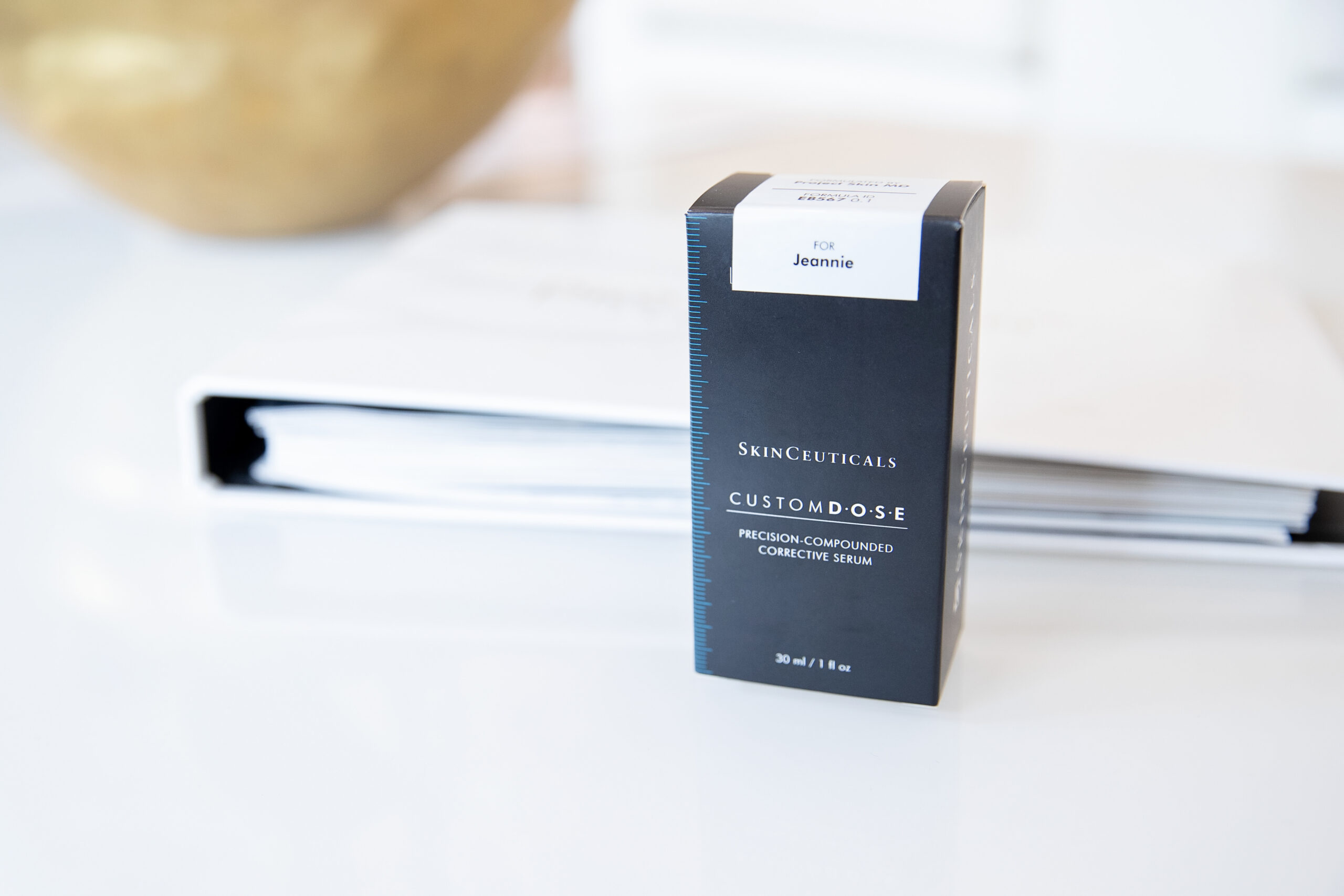
“We’re looking at objective data, so it takes the guesswork out,” Chen says. “We can create a lot of combinations because we have a lot of actives—it’s virtually a limitless number of ingredients. Our philosophy is that we want the product to be cohesive, not just to do one thing.” All the cruelty-free formulations are made from ethically and sustainably sourced natural ingredients, and packaging is sustainable too.
A couple of weeks after you receive your products, a brand representative will check in for a consultation and reformulation in case you’re not happy. Customers may also need a new recipe if their skin priorities change or they move to an environment with different humidity or pollution levels.
As a general rule around customized skin care, Dr. McGillivray of Project Skin MD points out that skin also changes with age and hormonal fluctuations such as pregnancy, so revisiting your recipe periodically is a good idea.
He believes that customization could be one way to get better skin for everyone. “A lot of skin care is unnecessary, or people are just using it because they like the smell of it,” he says. “The Korean regimen is all about experiential skin care. There are a lot of things that feel nice but don’t do anything except potentially block your pores. Ultimately, the best skin care is the one you’ll actually use, so keep it simple.”
